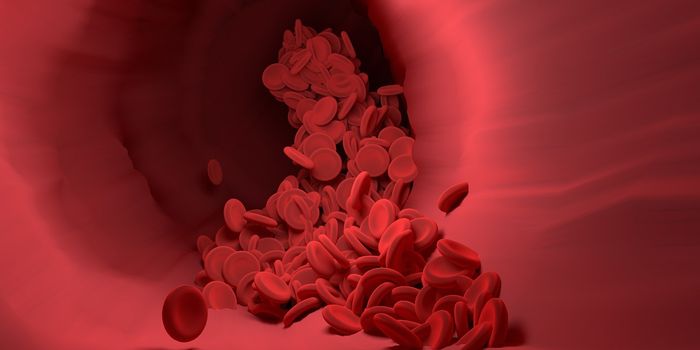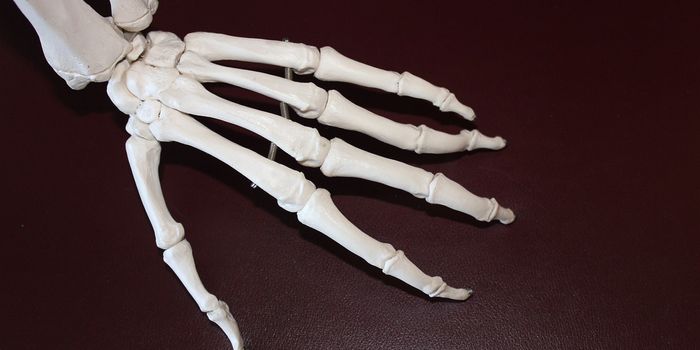Evaluating a Popular Diabetic Drug
A study by researchers at UT Southwestern study shows that a previous drug for Type 2 diabetes may be effective when paired with another drug that eliminates problematic side effects. The drug ‘Rosiglitazone’ sold under the brand name Avandia, works by increasing insulin sensitivity and glucose tolerance. However, the drug was out of favor because of risks for cardiac problems, osteoporosis and obesity along with fluid retention.
Learn more about the history of Rosiglitazone usage and risk of cardiovascular problems:
"The very low dose we used in this study showed no side effects -- no weight gain, no fluid retention -- in mouse models," says Dayoung Oh, Ph.D., senior author of the study, assistant professor of internal medicine, and a researcher in UT Southwestern's Touchstone Center for Diabetes Research.
Findings from studies on mice were published in Cell Metabolism and shows how combining Rosiglitazone with an experimental drug referred to as Compound A will activate some cells that complement the actions of the first drug. They found that a combination of Compound A with a small dose of rosiglitazone produced a similar degree of insulin sensitivity as rosiglitazone at maximum dose alone.
“Additional research is needed to check for bone loss and heart problems at the lower dose,” says Oh, “but those effects too could likely be eliminated or lessened by reducing the dosage of rosiglitazone.”
Usage of rosiglitazone has remained low as result of the risk complications but it is FDA approved and researchers are hopeful for more clinical studies.
"For a long time, rosiglitazone has been used for treating Type 2 diabetes and insulin resistance," Oh says. Although there are other drugs to treat Type 2 diabetes, "this drug is very good -- very effective. But at the same time, there are still serious side effects, including weight gain, fluid retention, and more."
About 34 million Americans suffer from diabetes and 90 percent of these individuals are Type 2—the disease can lead to kidney disease, stroke, and cardiac complications. With the current study, there is renewed hope of Rosiglitazone use.
Learn more about Type 2 diabetes:
"The hope is that we will be able to use rosiglitazone at lower doses to treat Type 2 diabetes patients in a more effective way without side effects," Oh says.
The study was supported by grants from the National Institutes of Health, the American Heart Association, and the American Diabetes Association.
Source: Science Daily








